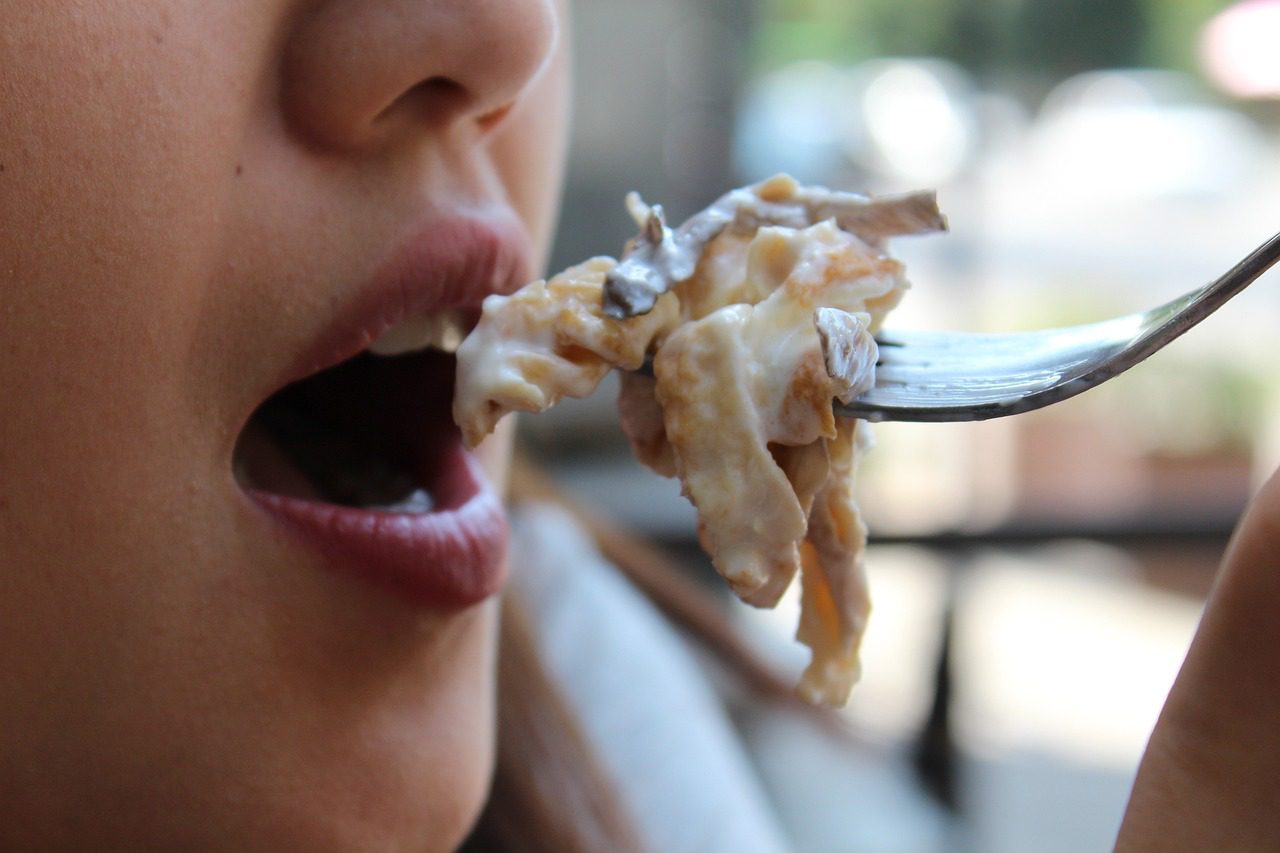“I can’t believe he just broke up with me!” Anna exclaims as she heads for the ice cream, ready to indulge in stress eating. If this scenario sounds familiar, you’re not alone. Stress eating, or turning to comfort foods when we’re feeling emotionally overwhelmed, is a common reaction. And during the holidays, with an abundance of tempting treats around, it’s even harder to resist. But while indulging in food for comfort may offer temporary relief, it comes with long-term consequences.
Comfort foods, often high in sugar and fat, are designed to relax us in the moment. The brain associates these high-energy foods with a sense of calm, especially during times of chronic stress. But while that bowl of ice cream may soothe you for a while, it ultimately leads to guilt and potential weight gain.
The good news is, stress eating doesn’t have to be a permanent habit. By learning how to manage stress in healthier ways, you can break the link between emotional distress and food. Here are 7 tips to help you stop reaching for food in times of stress:
1. Recognize the Signs of Stress—And Don’t Eat
When you’re stressed, your body sends physical signals: irritability, trouble concentrating, fatigue, and sometimes even a loss of appetite. But if these signs are present, you might not be truly hungry—your body may simply be reacting to stress. Instead of reaching for food, focus on self-care strategies like getting enough sleep, taking a walk, or venting to a friend. These actions will address the root cause of your stress, not just the symptoms.
2. Have a Go-To List of Stress-Relieving Activities
When the urge to stress eat strikes, have a list of alternative activities to turn to instead. The goal is to interrupt the pattern of emotional eating and refocus your mind. Consider taking a hot bath, listening to calming music, meditating, doing deep breathing exercises, or even reading a book. By practicing a self-care activity that doesn’t involve food, you can reset your emotional state.
3. Don’t Skip Meals
Skipping meals can trigger hunger pangs that make stress eating even harder to resist. Unless you’re successfully practicing intermittent fasting, regularly skipping meals can set you up for overeating or emotional eating later in the day. Consuming balanced meals at regular intervals helps stabilize blood sugar levels and keeps your cravings in check.
4. Address the Source of Stress
Sometimes stress is self-induced or can be alleviated by taking action. Are there specific things causing stress that you can change? Perhaps you need to say “no” to unrealistic demands, resolve a lingering relationship issue, or get better control of your finances. By addressing the root causes of your stress, you can reduce the emotional urge to turn to food for comfort.
5. Remove Tempting Stress Foods from Your House
Out of sight, out of mind. If you keep your stress foods—like chips, cookies, or ice cream—readily available in your kitchen, the temptation will be hard to resist when you’re feeling anxious. To break the cycle of stress eating, try eliminating or hiding these foods so they’re not so easy to grab. If you don’t buy them, you won’t have to fight the urge to eat them.
6. Press Pause Before You Eat
Before diving into that snack, take a moment to ask yourself, Am I really hungry? Stress eating is often a mindless reaction to emotions, not a true need for nourishment. By pausing for 15-20 minutes, the urge to eat may subside, especially if it’s driven by stress rather than hunger. Use this time to distract yourself with a different activity, and you’ll likely find that the craving fades.
7. Practice Mindful Indulgence
If you’re truly craving a treat, have just a small portion instead of eating the whole thing. Researcher Linda Bacon found that after a few bites of a food, your taste buds lose sensitivity to its flavors. By savoring just a few bites slowly, you can enjoy the experience without overindulging. After a few bites, put the rest away, or share it with someone else. This way, you can satisfy your craving without the guilt.
Becoming Intentional with Food Choices
The key to breaking the habit of stress eating is becoming more intentional with your emotional responses. Instead of reaching for food when you’re stressed or overwhelmed, press pause and turn to healthier coping strategies. Stress eating is a habit that can be replaced, but it takes practice, patience, and self-awareness. By learning to manage your stress in healthier ways, you’ll not only improve your emotional well-being but also avoid the cycle of guilt and weight gain that often accompanies stress eating.
So the next time you’re feeling stressed, try pressing pause before you reach for that bowl of ice cream. You might just find a healthier, more effective way to cope.
For more help with Stress-eating, get Dr. Linda Mintle;s book, Press Pause Before You Eat



